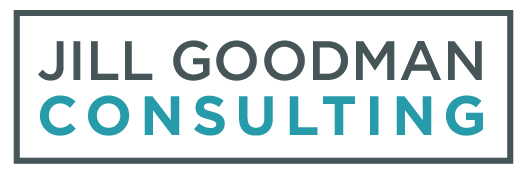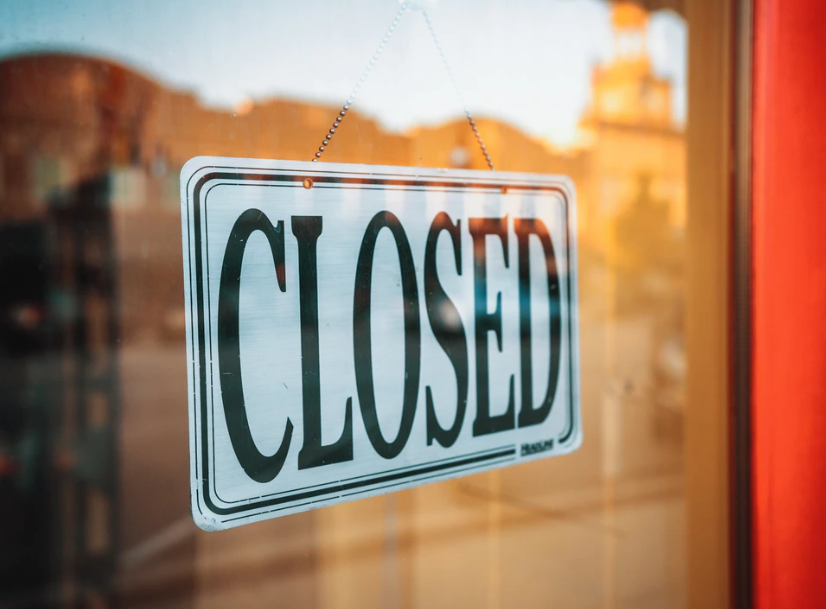Truth or Consequences
I'm fascinated and humbled by the recent soul-baring of heads of school who navigated the permanent closure of a school. Amy Jolly recorded a podcast with Enrollment Spectrum about her painful experience in closing Maine Girls' Academy, and William J. Lippe, former head of the now-defunct Cluny School, wrote an insightful and introspective article for Independent School Magazine in the Fall 2019 issue, titled, "Clarity in Hindsight." In the last year, I've started sharing a story in one of my presentations to school leaders about my own experience at a school that closed permanently. When Ruxton Country School closed in 2009, it felt like the death of a close friend. Everyone associated with the school mourned the loss, but we didn't even have the benefit of a funeral for support and closure. We were each alone in managing our anger, sadness, finger-pointing, guilt, and quite a bit of shame.
When a school closes, it is a result of years, often decades of missteps, blind spots, and poor planning. In 2012 Jim McManus, former executive director of the California Association of Independent Schools, wrote an article titled, "What Dead Schools Can Teach Us." McManus boils the missteps down to four buckets: mission irrelevance, ineffective leadership, money troubles, and lack of or misguided planning. McManus puts the responsibility squarely on the shoulders of the board of trustees. In a more recent article, Tom Olverson suggested that both the Head of School and the board share strategic responsibility. But, I've seen the talent, passion, intellect, and caring in both trustees and heads of school. What goes wrong?
Shankar Vedantam is the host of the podcast HIDDEN BRAIN. In a recent episode titled "The Scarcity Trap: Why We Keep Digging When We're Stuck In A Hole," Vedantam explores what happens to our brain when faced with scarcity. We can only focus on the thing that we lack and believe will solve our painful problem caused by the scarcity:
When you have scarcity, and it creates a scarcity mindset, it leads you to take certain behaviors which, in the short term, help you manage scarcity but in the long term, only make matters worse. The scarcity trap changes the way we think.
The examples in the podcast explore cases of financial hardship, starvation, and obsession with a lack of time to accomplish goals. In each case, the situation is made exponentially worse by focusing on the one scarce commodity. I suspect that the mindset of scarcity drives boards and heads to make shortsighted decisions. If, for example, enrollment is down and the lack of tuition income causes an inability to make payroll, leaders might decide that a new building or a new program will attract new students and therefore solve the enrollment problem. The scarcity mindset robs them of the ability to see that the debt caused by the new building or program start up will offset any new tuition income and leave them in the same, if not a worse situation.
Perhaps the key to long term institutional health is two-fold: 1) continually evaluating changing trends from inside the educational landscape and in adjacent industries, and 2) seeking an outside perspective. We must frequently ask ourselves and our leadership if we are producing the best product possible with the best delivery system in place. Are we understanding the changing needs of our customer, or simply holding on to what we've always done? In the HIDDEN BRAIN episode, the person who made shortsighted decisions about her financial situation finally sought the advice of a coach that specialized in helping low-income families make better decisions for financial stability. An organization that is in a mindset of scarcity must seek professional outside consulting counsel before making any significant decisions directed at the point of pain.
The successful organization will choose leaders who will dare to question the status quo, think strategically, and gather wisdom from a number of differing and unusual sources before proceeding; particularly in a crisis.
The author, Jill Goodman, is a consultant working with independent school leaders to advance their school’s mission, enhance their processes, and bolster their skills.



